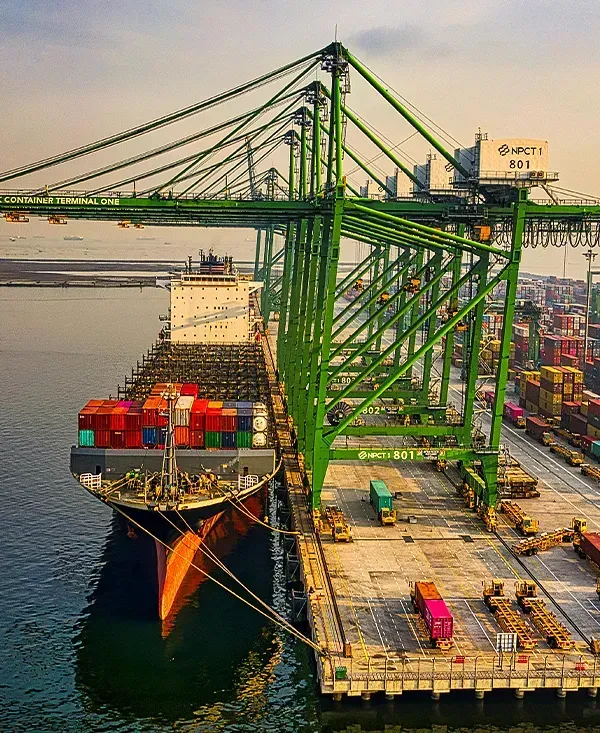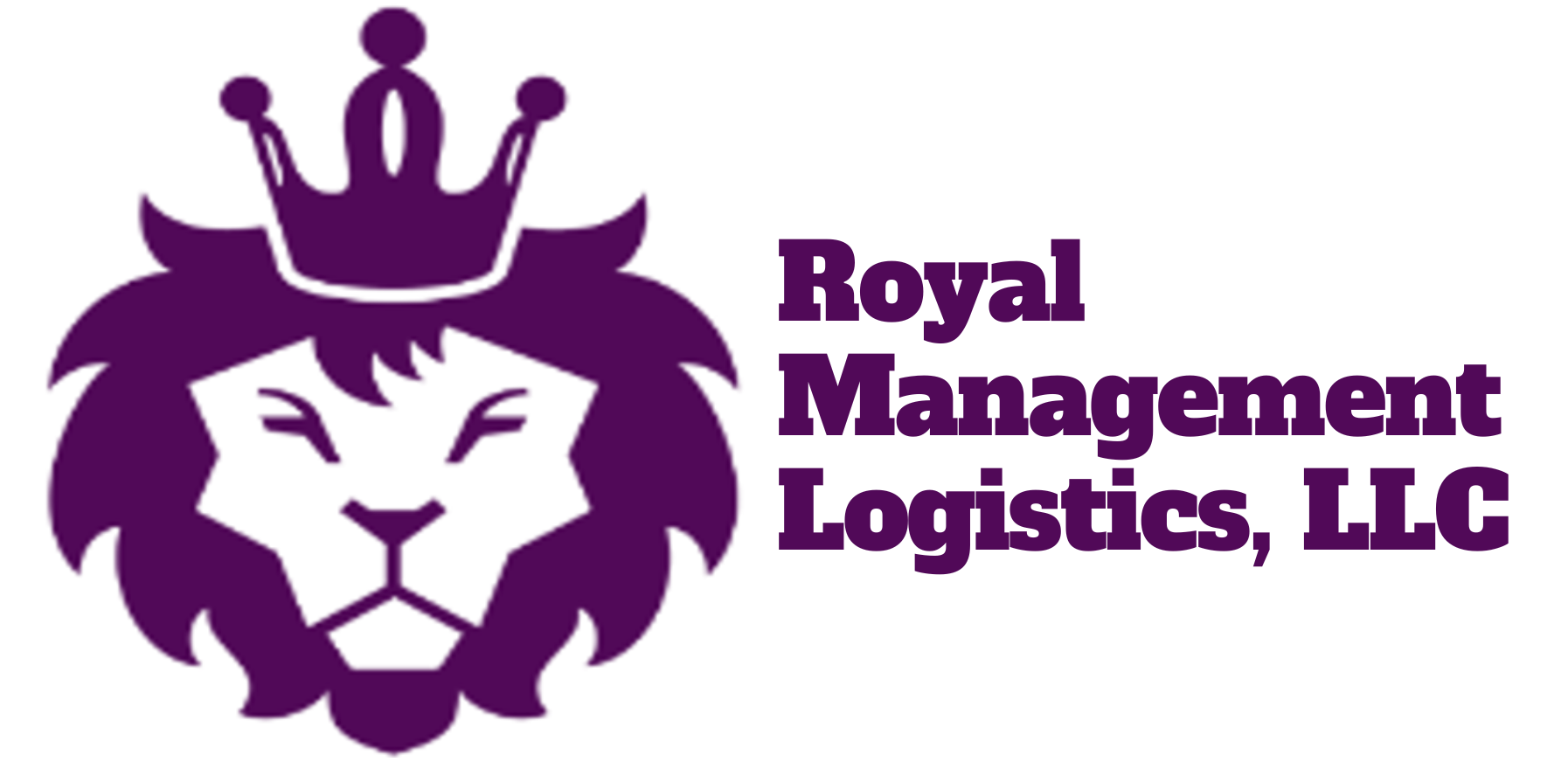Intermodal Freight Shipping
Intermodal freight shipping involves transporting goods using multiple modes of transportation, rather than relying solely on one carrier. These modes can include trucks, trains, and container ships. The key feature of intermodal freight is the use of standardized shipping containers that adhere to International Organization for Standardization (ISO) guidelines. These containers allow seamless transfers between different modes of transport without the need to repack the cargo.
Importance of LTL Shipping
Intermodal freight plays a crucial role in both domestic and international logistics. Here’s why it matters:
Efficiency
Standardized containers enable faster movement of goods at reduced costs.
Safety
By minimizing direct handling of freight during transportation, intermodal shipping reduces damage and loss.
Eco-Friendly
Rail transportation, a common component of intermodal shipping, is more fuel-efficient than long-haul trucking.
How Royal Management Logistics Handles LTL Needs
Royal Management Logistics specializes in intermodal freight solutions. Their process involves seamlessly transitioning containers from trucks to trains and back, ensuring efficient and secure transportation. Whether it’s across cities or continents, Royal Management Logistics keeps goods moving smoothly.

Frequently Asked Questions
How does intermodal freight differ from multimodal transportation?
Intermodal uses multiple contracts with different carriers, while multimodal operates under a single contract with one carrier.
Is rail transportation really more efficient?
Yes! Rail can move one ton of freight almost 450 miles on just one gallon of fuel.
What role do information technology systems play in LTL logistics?
IT systems are critical for efficient coordination and tracking of LTL shipments.
For reliable intermodal freight services
Consider partnering with Royal Management Logistics

